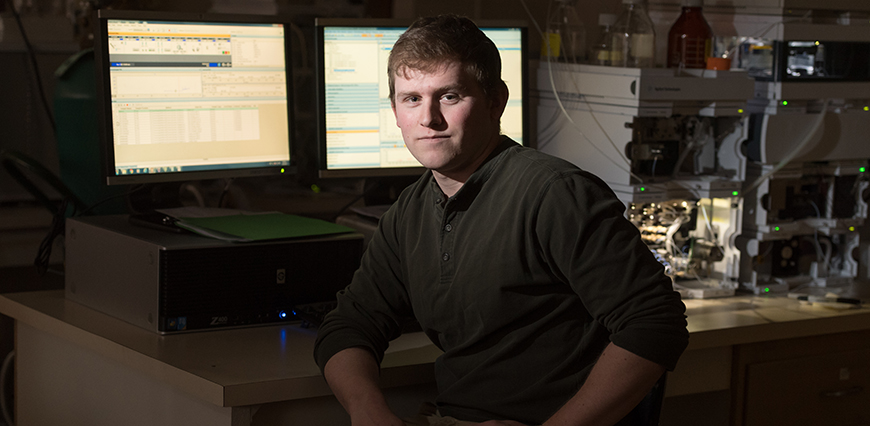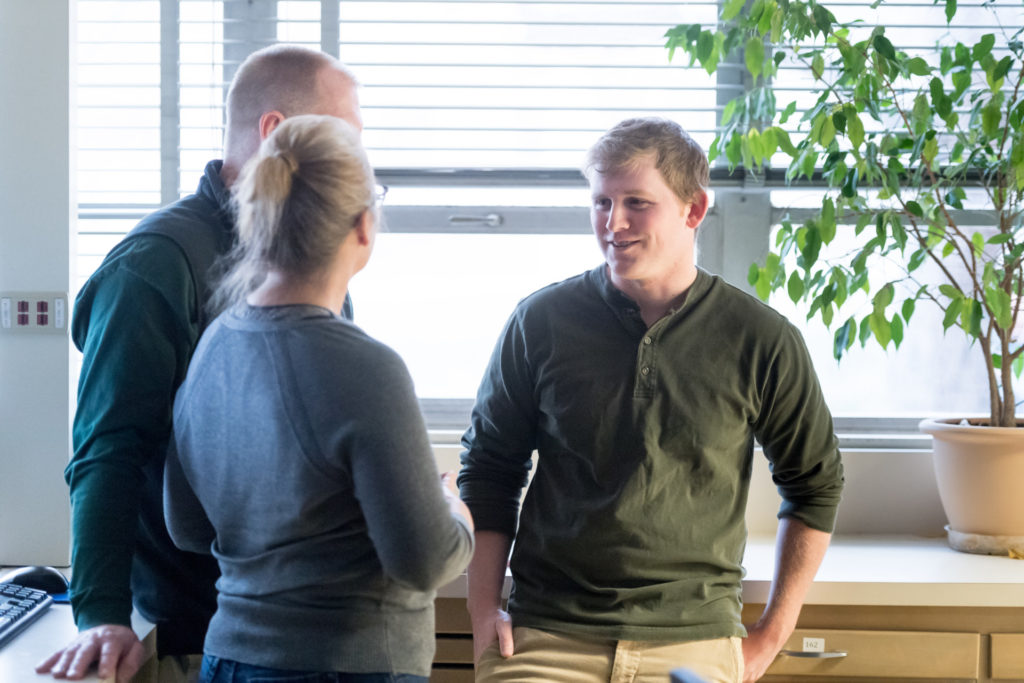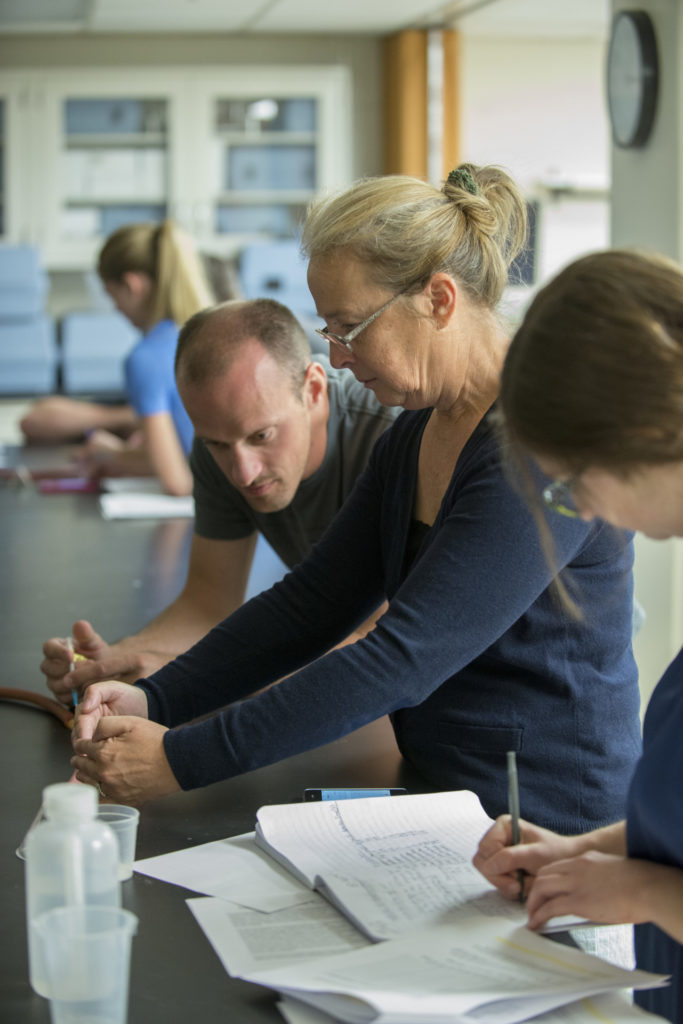
Tim Mowry chose Colorado State University so he could “get a little bit away from home,” having grown up one state over, in Nebraska. While studying biology, Mowry ventured farther afield on a study abroad program at the University of Leicester, about 130 miles north of London.

As he delved into the study of life forms, the 25-year-old learned something about his own life. “Traveling and experiencing other parts of the world is a big necessity for me,” Mowry said.
Now a CSU graduate student, Mowry will embark on another educational adventure in January, as an intern for Sekisui Chemical Company’s Corporate Research Center in Tsukuba Japan, outside of Tokyo.
Mowry is one of three incoming interns who competed nationally – with students from the Massachusetts Institute of Technology, Yale University and others – for their spots in the program managed by the Sekisui Corporate Research Center. Through the seven-month internship, he hopes to gain experience at the interface of fermentation, microbiology, and analytical chemistry.
Working with leading researchers
After earning his bachelor’s degree in biological science from Colorado State’s College of Natural Sciences, Mowry entered the professional master’s program in toxicology in the College of Veterinary Medicine and Biomedical Sciences. It’s a one- to two-year immersive program that does not require a thesis and prepares students for further professional education, such as medical school, and varied careers in research and academia.
“In undergrad, one of my classes was organic chemistry and I really liked all the lab work, so I wanted to do something related to chemistry. Toxicology fit in perfectly with that – it’s applying chemistry to biology and physiology,” Mowry said. “Talking with Dr. Legare really made me feel it was a good program. She is dedicated to helping students find careers or further education after the master’s program.”
Drs. Marie Legare and Bill Hanneman, toxicologists who had Mowry in class and labs, seem almost like proud parents when they talk about his upcoming internship.

“He’s coming out of his shell, it’s good to see,” said Legare, a CSU Best Teacher Award recipient, veterinarian and associate professor in the Department of Environmental and Radiological Health Sciences. “This is a huge opportunity, as Sekisui doesn’t offer many internships. It will give him opportunities to meet and work with a very diverse group of leading researchers in many fields, including alternative energy, advanced materials, fermentation, green chemistry, batteries, solar and more.”
A multibillion-dollar, multinational manufacturing company, Sekisui Chemical was founded in 1947. The Sekisui Corporate Research Center is involved in a vast array of research into solutions to future social and environmental issues, including housing, water treatment, biofuels, alternative energy and other technological innovations.
Hanneman has collaborated with Sekisui for about 10 years, laying the groundwork for potential CSU interns at the futuristic research complex.
“We tell our students the best opportunities are global, so we’re excited about it because it’s an international opportunity for Tim. Here’s a guy that comes from Nebraska to Colorado State University and the next thing you know, he’s got a global internship with a large global company,” Hanneman said.
In addition to studying for final exams in his master’s program, Mowry has a long to-do list (that includes allaying his mother’s concerns) before he leaves on Jan. 4. “My dad thinks it’s a pretty cool opportunity, but my mom is a little worried. I have to move out of my apartment, buy some more business clothes, and try and learn Japanese,” Mowry said. “I’m looking forward to learning as much as I can about the culture and the history in Japan.”
What is toxicology? Dr. Marie Legare explains.
“Toxicology is very broad. It’s the study of exposure to chemicals and what they do to us. It’s a very applied discipline. You can take toxicology and merge it with the other thing you really like, and you become a unique candidate. For example, I have a D.V.M. and a Ph.D. – so I approach toxicology from a medical background,” said Legare, who co-founded the Center for Environmental Medicine with faculty from the College of Veterinary Medicine and Biomedical Sciences, including Dr. Bill Hanneman in 2008. (They also happen to be married.)
“About 60 percent of our students go on to a professional program, and the others go into government, industry, contract labs, consulting. Some people focus on plant toxins, others on air pollution. You can study PCBs that just won’t go away, or lead, like in Flint, Michigan. If you get a master’s degree in toxicology from CSU, you are well-trained. You can take the degree and do wonders with it.”